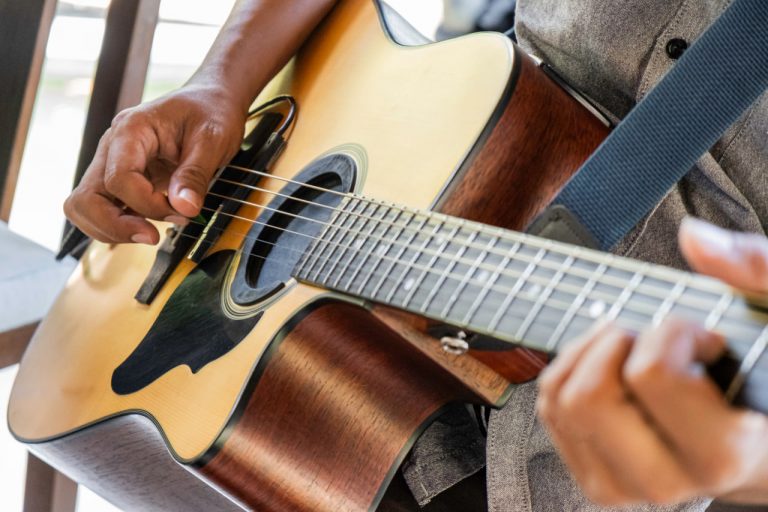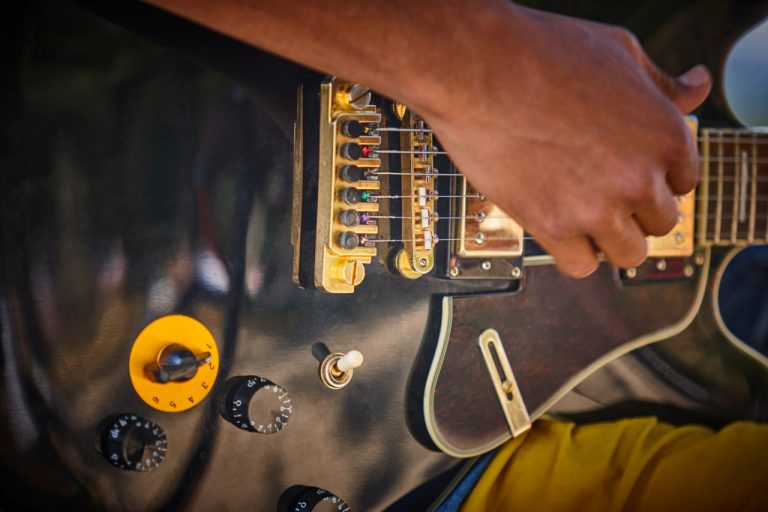Exploring Guitar Styles: Finding Your Unique Musical Voice
The Journey to Individuality
Every guitarist starts with the desire to express themselves through music. Finding your unique musical voice is a journey of exploration, experimentation, and self-discovery. Guitar styles are as diverse as the musicians who play them—from blues and jazz to rock, classical, flamenco, and beyond. Exploring these styles allows you to develop a broad musical vocabulary and helps you carve out a personal sound that reflects your personality and influences.
Understanding Different Guitar Styles
Before discovering your own voice, it’s important to understand the wide variety of guitar styles available. Each style has its own techniques, rhythms, tonal qualities, and cultural roots. For example, blues guitar often features expressive bends and soulful phrasing, while classical guitar emphasizes fingerpicking and intricate compositions. Rock guitar relies on power chords, distortion, and energetic solos. Jazz guitar explores complex chords, improvisation, and syncopated rhythms. Flamenco combines rhythmic hand clapping and rapid strumming patterns with passionate melodies.
Exploring these styles exposes you to different approaches to tone, technique, and songwriting. It also broadens your technical skills and deepens your appreciation for music’s rich diversity.
Learning from Influences
Your unique musical voice is shaped by the artists and styles that inspire you. Study the playing of guitarists you admire and identify what moves you about their sound—whether it’s their tone, phrasing, technique, or emotional delivery. Try to learn their songs and solos, not just to replicate, but to understand their musical language.
Over time, you’ll notice elements you want to incorporate into your own playing. Combining influences from different genres and artists helps you create a style that is uniquely yours. Don’t be afraid to blend genres or experiment with unconventional sounds.
Experimenting with Technique and Tone
Finding your voice means experimenting with different techniques and gear to discover what resonates with you. Try fingerpicking, flatpicking, hybrid picking, tapping, or slide guitar to see which feels natural and expressive. Explore dynamics, vibrato, and phrasing to add personality to your playing.
Tone plays a significant role in your musical identity. Experiment with different guitars, pickups, amplifiers, and effects pedals. Notice how changes in tone affect your expression and mood. Your gear choices can become an extension of your voice, helping you communicate more effectively.
Composing and Improvising Your Sound
Composing original music and improvising are key ways to develop your unique voice. Writing your own melodies, chord progressions, and arrangements forces you to make creative decisions that reveal your style. Improvisation encourages spontaneity and personal expression, allowing you to explore new ideas and emotions in real time.
Record your compositions and improvisations to track your progress and identify what feels authentic. Over time, you’ll build a signature approach that reflects your musical preferences and personality.
Embracing Authenticity
True uniqueness comes from authenticity—being honest with yourself about what sounds and feels right. Avoid the trap of trying to sound like someone else or chasing trends. Instead, focus on what excites you and what you want to communicate through your guitar.
Authenticity also means embracing your limitations and quirks. Sometimes the imperfections or unusual choices in your playing become the defining traits of your style. Celebrate your individuality and let it shine through your music.
Connecting with Your Audience
Your unique musical voice becomes meaningful when it connects with others. Share your music with friends, fellow musicians, or audiences through live performances or recordings. Pay attention to the emotional responses your music evokes and refine your style accordingly.
Engaging with listeners helps you understand how your voice resonates beyond your own experience. It also motivates you to grow and express yourself more deeply.
The Lifelong Process
Finding your unique guitar style is an ongoing journey. As you grow as a musician and as a person, your musical voice will evolve. New influences, experiences, and skills continuously shape your expression. Embrace this evolution as part of your artistic path.
Stay curious, keep exploring new styles and techniques, and remain open to change. Your unique voice is a living, breathing expression of who you are through your guitar.




